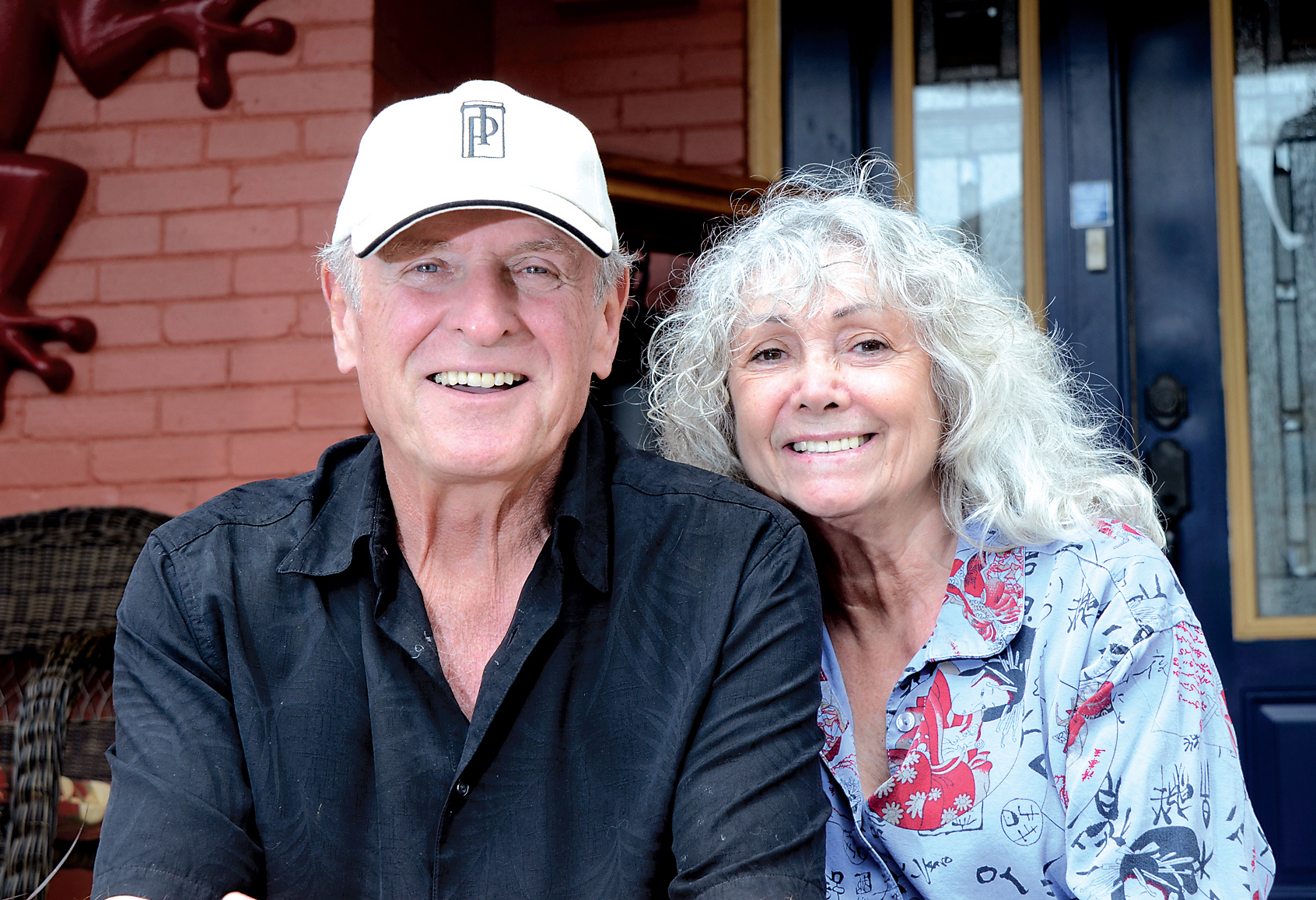BY THE NUMBERS
62: Average retirement age in the mid-1990s64: Average retirement age today25: Percentage of workforce made up by baby boomers by 2020Source: U.S. Bureau of Labor Statistics
For local artist Miki Boni, retirement was never really in the plans - and not just because she can't afford it.
"Artists don't know the meaning of the 'R' word," says Boni, a painter.
When she and her husband, Tom Paulsin, both in their late 60s, moved to Chattanooga a few years ago, they bought a house off Main Street with the idea of having a gallery there as well as their home. A builder by trade, Paulsin remodeled the home and remains active in the industry, though less so, handling projects such as room remodels and deck building for other people. He also is a sculptor.
Boni says she will always create art, whatever her age. "I'm just as busy as I've ever been."
For Jimmy Tawater, 65, retirement was and is the goal, but the economic downturn delayed his original retirement goals by "four or five years."
"All of our retirement plans went down the tubes in 2008," he says.
Tawaters and his wife, Barbara, have owned Northgate Title Co. since 1994, but he's also a well-known local musician and he has no plans to retire from that gig.
"It's a crime of passion and an addiction worse than heroin," he says.
The creation of the Social Security program in 1935 established age 65 as the standard for retirement, but as baby boomers, all 78 million of them, approach that age, their attitudes and a changing economic environment mean fewer are opting out of the workforce.
Tawater, Paulsin and Boni are not alone when it comes to baby boomers - those born from 1946-1964 - who have no intention of leaving the work force at retirement age. A recent AARP survey found that nearly 70 percent of baby boomers reported that they planned to work past 65.
Part of that is because benefits from companies have declined over the years, especially when it comes to boat-floating pension plans; part of it is the current economic market; and part of it is that boomers simply like what they do.
Although there's a longstanding image that baby boomers, many of whom came of age in the freewheeling '60s, are hippie spirits who balk at traditional careers, the truth is that boomers like to work, often defining themselves by their jobs. So hitting the brakes at 65 doesn't make sense to them.
They're better educated than the generations that came before or since, with almost 30 percent holding at least a bachelor's degree and another 30 percent having attended college, so the working world likes them.
In fact, if every baby boomer were to retire on schedule, experts say, it could hurt the economy, not help it.
"There will be a shortage of replacement workers," University of Southern California demography professor Dowell Myers, told the Sacramento Bee. "It used to be that early retirement was the best way to upgrade the workforce. Get the old guys out after 55, and your new workers would be better educated.
"But the baby boomers are the best educated generation in history. They're perfectly qualified to undertake continuing in their jobs. They have wisdom and job experience. You'd only retire them if you could replace them with someone younger and cheaper."
Even after four decades practicing family law, attorney Hal Bartholomew, 66, has no wish to retire.
"It's disappointing to talk to someone who can't wait to retire," the Sacramento resident told the newspaper. "I really enjoy what I do."
Aging simply doesn't mean quitting. At 76, Ann Dendy doesn't qualify as a boomer, but she has no plans of retiring anytime soon, even though she could, financially speaking. She's worked in the real estate business for 41 years and is "now selling to the children of the children I sold houses to."
"I enjoy doing what I do," she said. "There is nothing better than making someone happy and finding the right property for someone or selling the one they have."
Boni acknowledges that the slumping economy forced her to add to her list of work duties, though she didn't stray far from her artistic color palette. After arriving in Chattanooga, Boni and Paulsin soon realized that selling art wasn't going to fully support them, so they created the Artist Residency Program and now rent space to visiting artists out of their home.
For the Tawaters, retirement is at least in sight.
"We are in the process of winding down," he says. "We just aren't there yet."
McClatchy-Tribune News Service contributed to this story.

